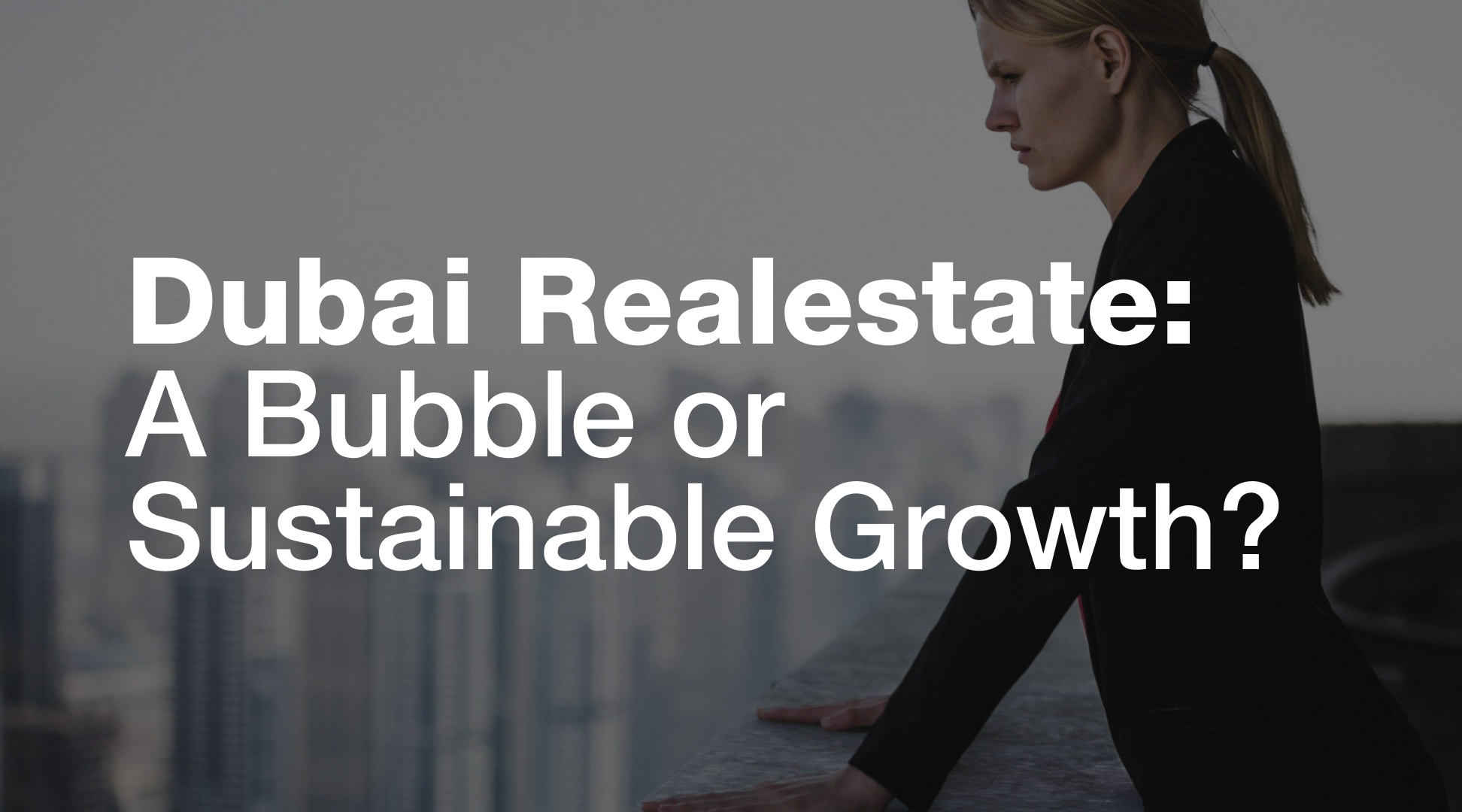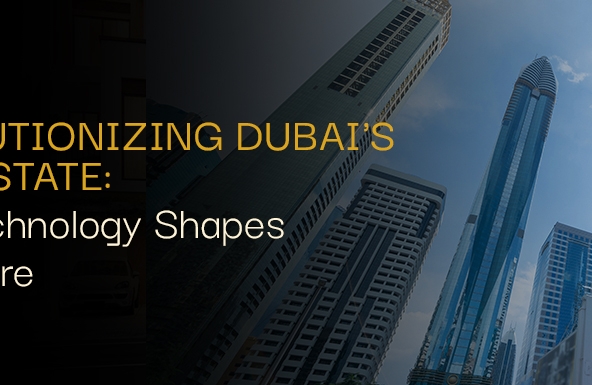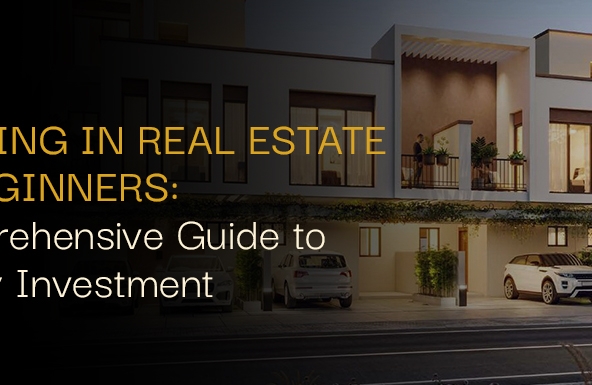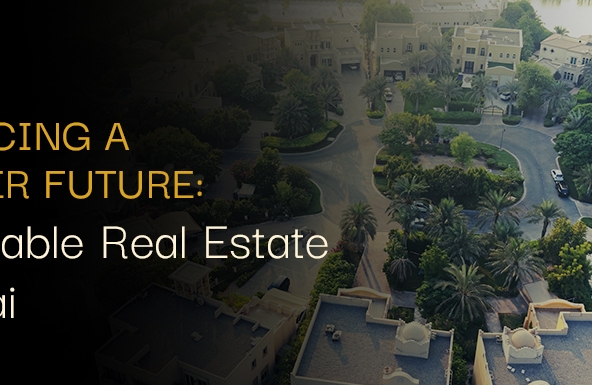Dubai’s real estate market has been the subject of much speculation and analysis in recent years. The city’s impressive skyscrapers and luxurious properties have become a symbol of its rapid growth and prosperity. But as sales volumes and prices continue to rise, there’s a looming question on everyone’s mind: Is Dubai in the midst of a real estate bubble?
Trends and Data:
- Growth in Sales Volume and Prices: The Dubai real estate market is forecasted to see unprecedented price growth by the end of 2023, surpassing major cities such as Miami and Paris. The prices are directly linked to a 75% growth in registered sales in 2022 compared to the previous year, with the sector expected to reach AED300 billion by the end of 2023[1].
- Market Performance in 2022: Sales volumes registered AED261 billion in 2022, showing a 75% increase from AED149 billion in 2021. Additionally, projections indicate a 50% increase in the cost of prime properties compared to 2021[1].
- Sectoral Performance: Deloitte’s report highlights increased demand and spending, leading to recovery across different real estate sectors:
- Residential property prices increased by 10% between Q3 2021 and Q3 2022.
- Rents increased by 21% over the same period.
- Office rents increased by 12% at the end of 2022.
- Retail sales volume to increase by approximately 4.2% in 2022 and 3.9% on average between 2023 to 2026[2].
- Short-Term Decline: A recent report revealed a significant drop in total sales transactions by 33% compared to March 2023 and a sales value decrease of 18.3% during April 2023. However, early May data shows a swift return to Q1 2023 sales levels, and the market is described as being in “healthy shape”[3].
Is There a Bubble?
A real estate bubble refers to a run-up in housing prices fueled by demand, speculation, and exuberant spending, only to be followed by a sharp decline in prices. While the Dubai real estate market has certainly experienced significant growth in both sales volumes and prices, there is no clear evidence of a bubble in the information provided.
- Sustainability and Environmental Focus: Sustainable real estate is emphasized, with the government’s approval of 78 environmental projects and efforts by companies to adopt sustainability practices[1].
- Underlying Growth Fundamentals: The Dubai property market’s recent decline was attributed to holidays and reduced work hours, and a swift recovery was observed. Moreover, consistent leadership and ongoing infrastructure projects contribute to confidence among investors, indicating strong underlying growth fundamentals[3].
- Post-Pandemic Recovery and Pent-Up Demand: The surge in sales and prices can be partially attributed to post-pandemic recovery and pent-up demand from travelers, leading to an increase in occupancy and spending across sectors[2].
Conclusion
While the Dubai real estate market continues to experience robust growth, there is no compelling evidence from the current data to support the existence of a bubble. The growth seems fundamentally rooted in strategic planning, sustainable development, and post-pandemic recovery.
However, a note of caution is warranted. Real estate markets are known for their volatility, and bubbles are often only apparent in retrospect. Continuous monitoring and informed decision-making remain crucial for investors and stakeholders.
As the city continues to grow and evolve, only time will tell whether this is a sustainable path or a bubble waiting to burst. One thing is certain: Dubai’s real estate market remains a fascinating subject for analysts, investors, and onlookers alike.



